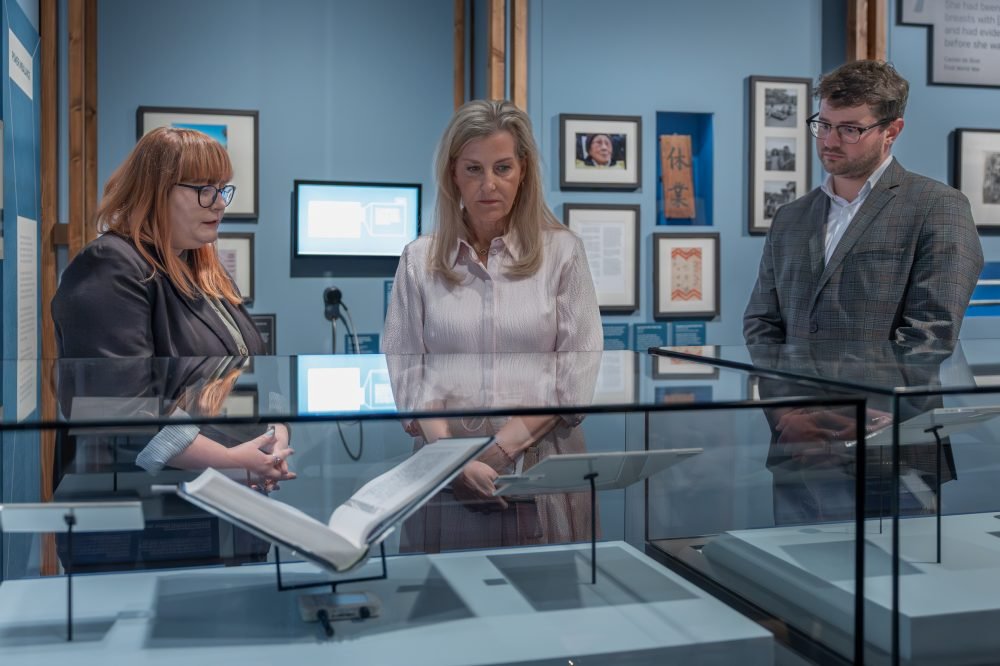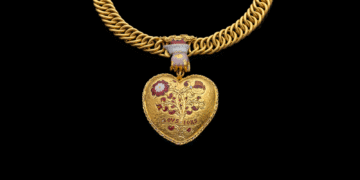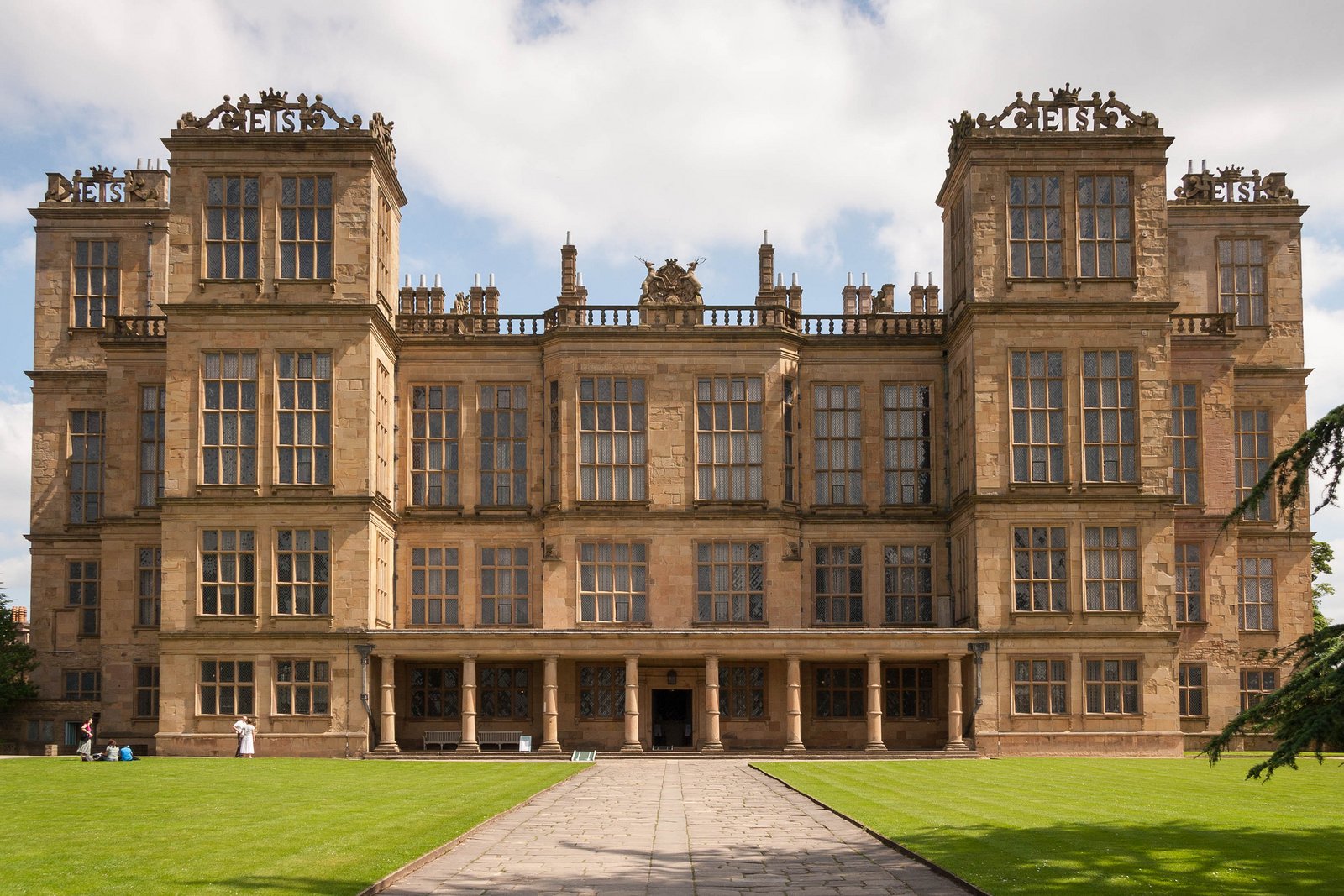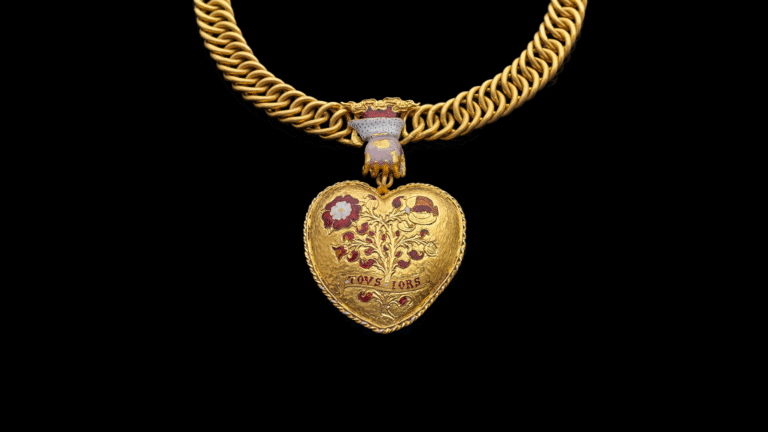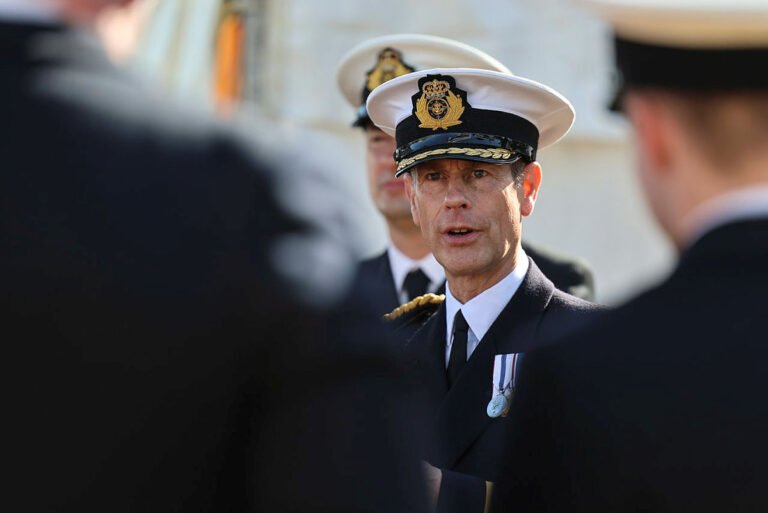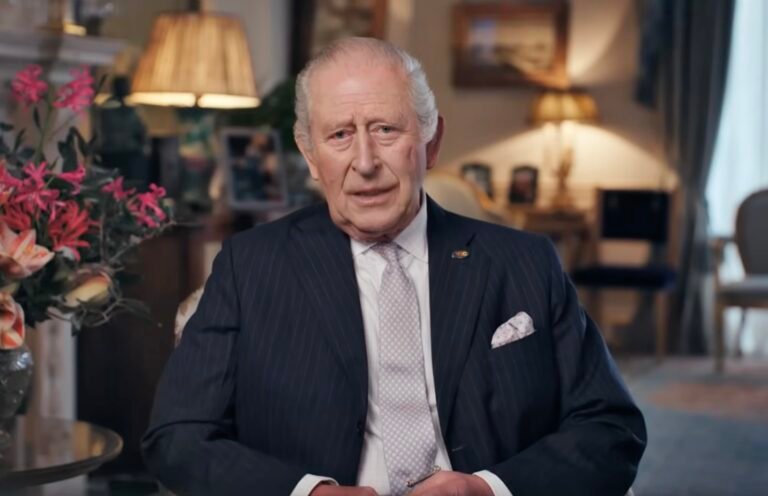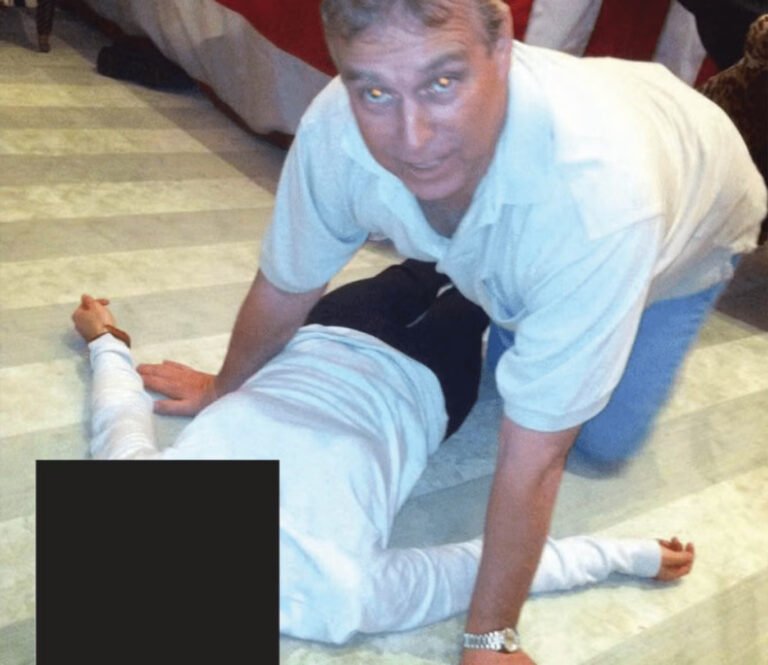The Duchess of Edinburgh has visited the Imperial War Museum‘s exhibition, Unsilenced: Sexual Violence in Conflict, which has become the UK’s first major exhibition dedicated to highlighting this under-reported subject.
Sophie’s visit comes ahead of the International Day to End Sexual Violence in Conflict on 19th June.
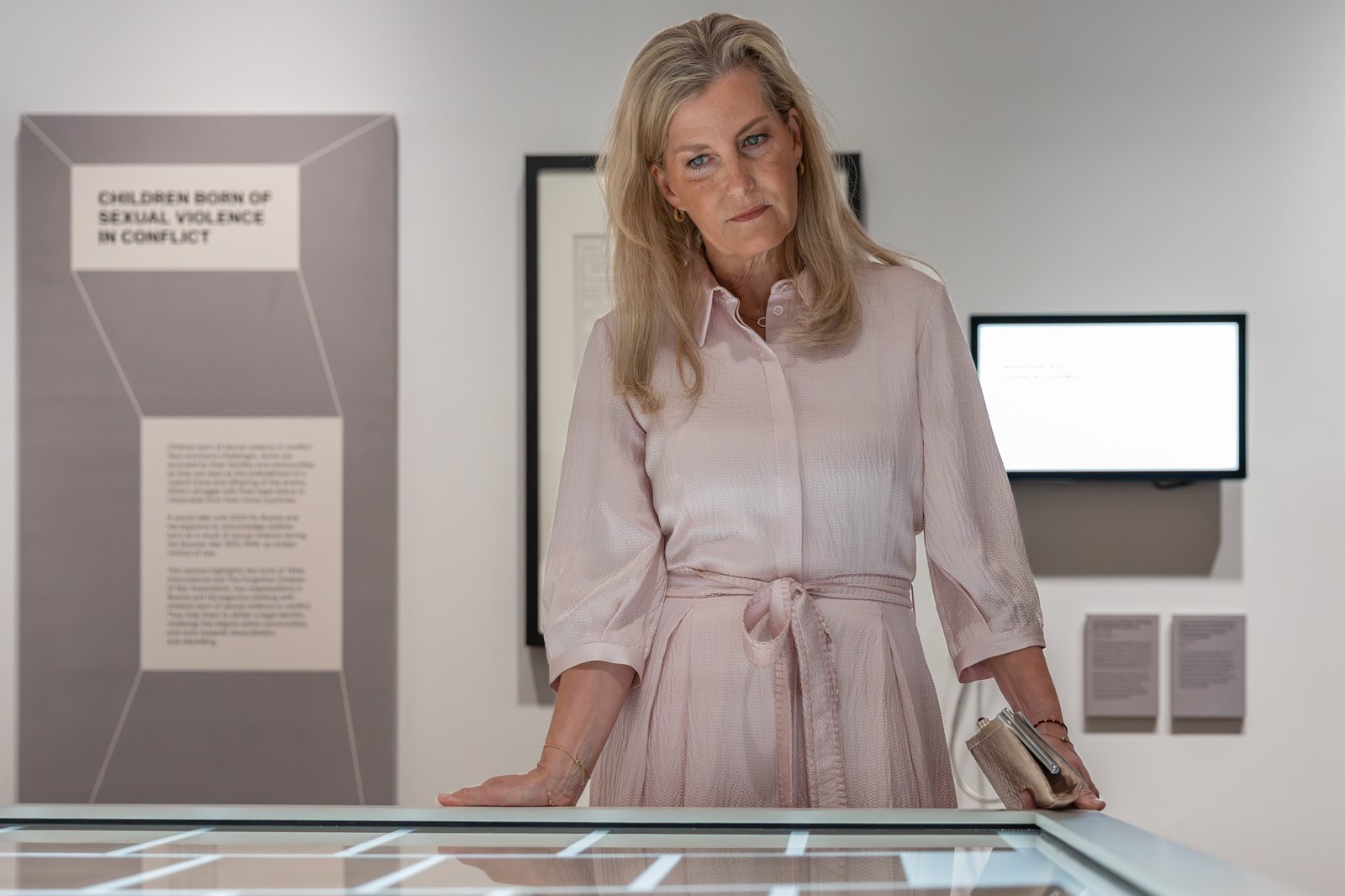
As a committed champion of women’s rights and peace-building efforts, The Duchess of Edinburgh has made numerous international visits in support of the Women, Peace and Security agenda and the UK Government’s Preventing Sexual Violence in Conflict Initiative, including to Sierra Leone, South Sudan and the Democratic Republic of the Congo.
In October 2024, she became the first Member of the Royal Family to visit Ukraine since the outbreak of the war and made a visit to Chad, the first by a member of the Royal Family.
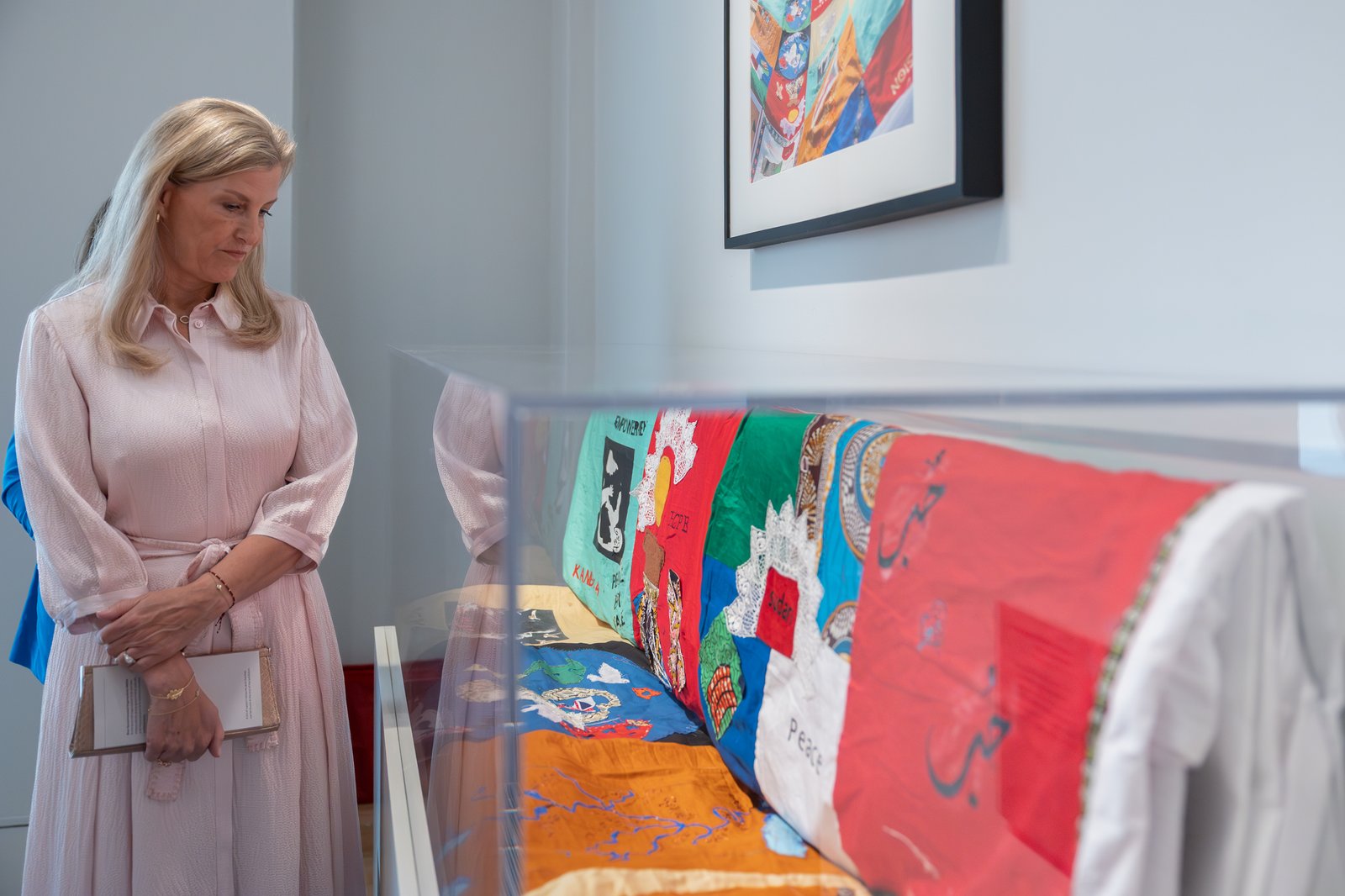
During her time at IWM London, The Duchess also met representatives from four key NGOs featured in the exhibition: Women for Women International, All Survivors Project, Free Yezidi Foundation, and Waging Peace. Her Royal Highness spoke with Sonja Miley and Maddy Crowther, Co-Executive Directors of Waging Peace, and Sara Bowcutt, Managing Director of Women for Women International UK.
Speaking during the visit, Sophie spoke about a previous visit to Kosovo in 2019, where she expressed how moved she was deeply moved upon hearing how women experienced shame and stigma due to being brutalised.
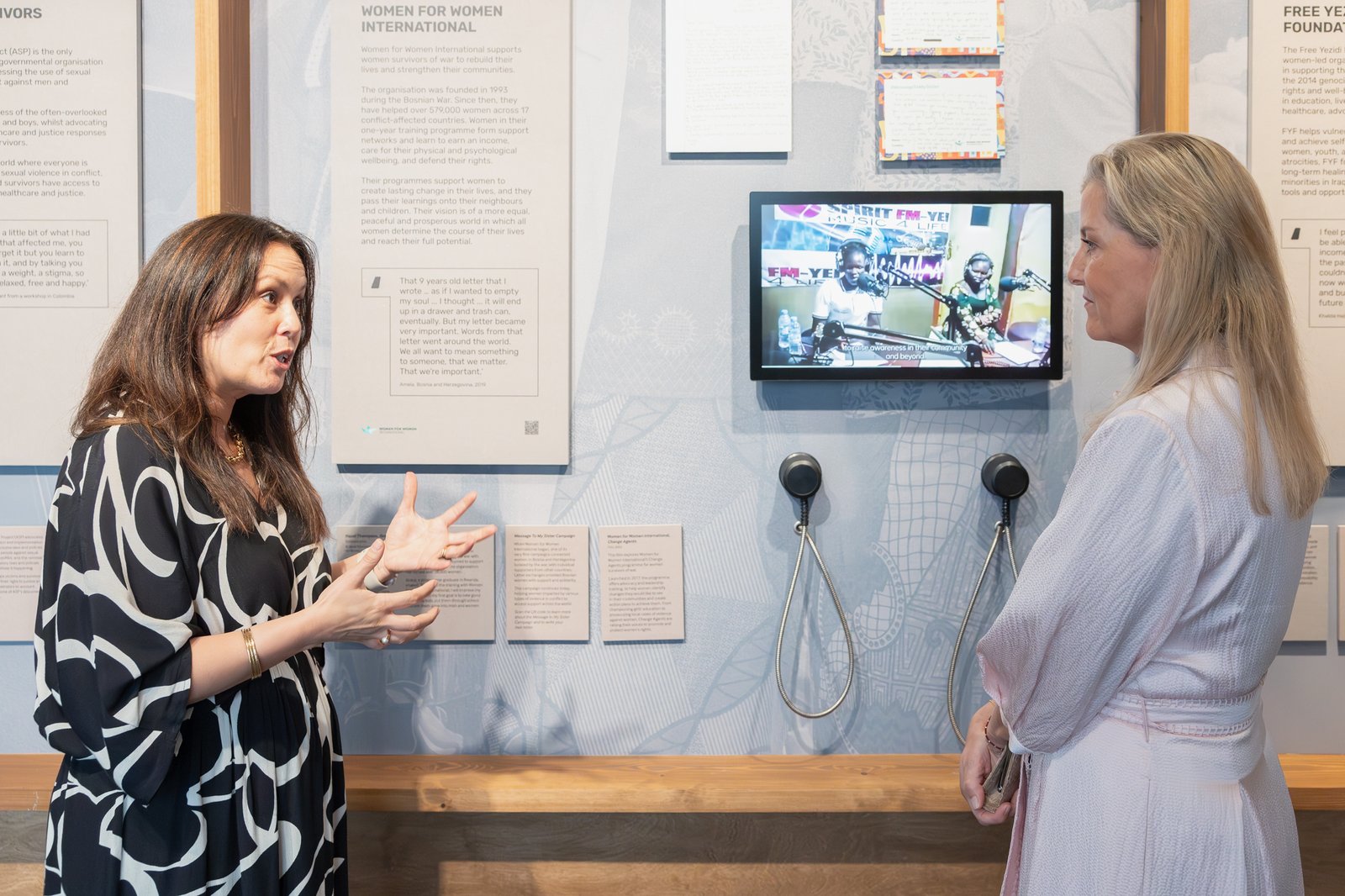
The Duchess added ‘the stigma that is sadly placed on the women, it’s about the mothers. In so many countries they can’t even go back into the home place.
‘I met a woman in Kosovo. A number of years ago there was a programme on what had happened [there] and the numbers they estimated of the women who had been raped. She told me how her husband had been so empathetic and he had been horrified because they didn’t know. And because he had been so empathetic and saying this was just so awful that she felt brave enough to admit to him that she had been one of them. And that was the end of her marriage.’
‘This is the problem. It’s the legacy. And unless we as a society help, we have to help people understand that they are not the ones who have the shame. It is not their lives who should be destroyed. We have to do better.’
The Duchess of Edinburgh was greeted by Caro Howell, Director-General of IWM, and Sir Guy Weston, Chair of the IWM Board of Trustees. Her Royal Highness was guided through the exhibition by Lead Curator Helen Upcraft and Exhibitions Manager Jack Davies.
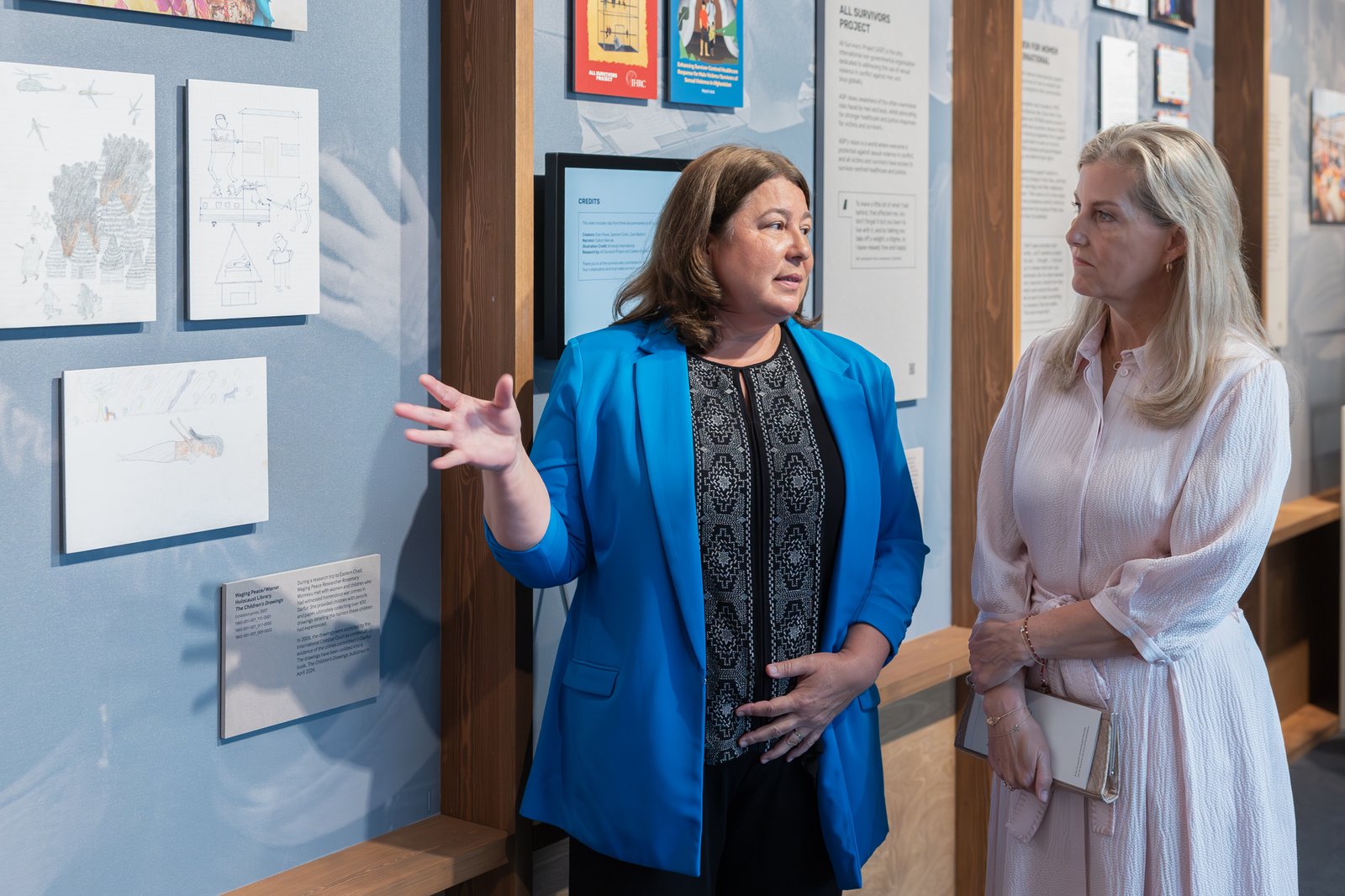
During the tour, Her Royal Highness met two exhibition contributors – Dr Paul Kirby, Reader in International Politics at Queen Mary University, and Sarah Sands, Former Chair of the G7 Gender Equality Advisory Council. Both feature in the exhibition’s introductory and closing films, with their expert interviews providing important context for visitors.
The Duchess also viewed exhibits exploring the ‘Comfort Women Corps’ in the Second World War, the Yazidi genocide by ISIS in 2014, the treatment of Les Tondues and Bosnian children born of sexual violence in conflict.
Her Royal Highness also saw work by photojournalist Hazel Thompson, highlighting the support Women for Women International gives to women survivors of war in rebuilding their lives, and a traditional cloth toub titled ‘Peace by Piece’, created by Sudanese women affected by the war, presented in collaboration with Waging Peace.
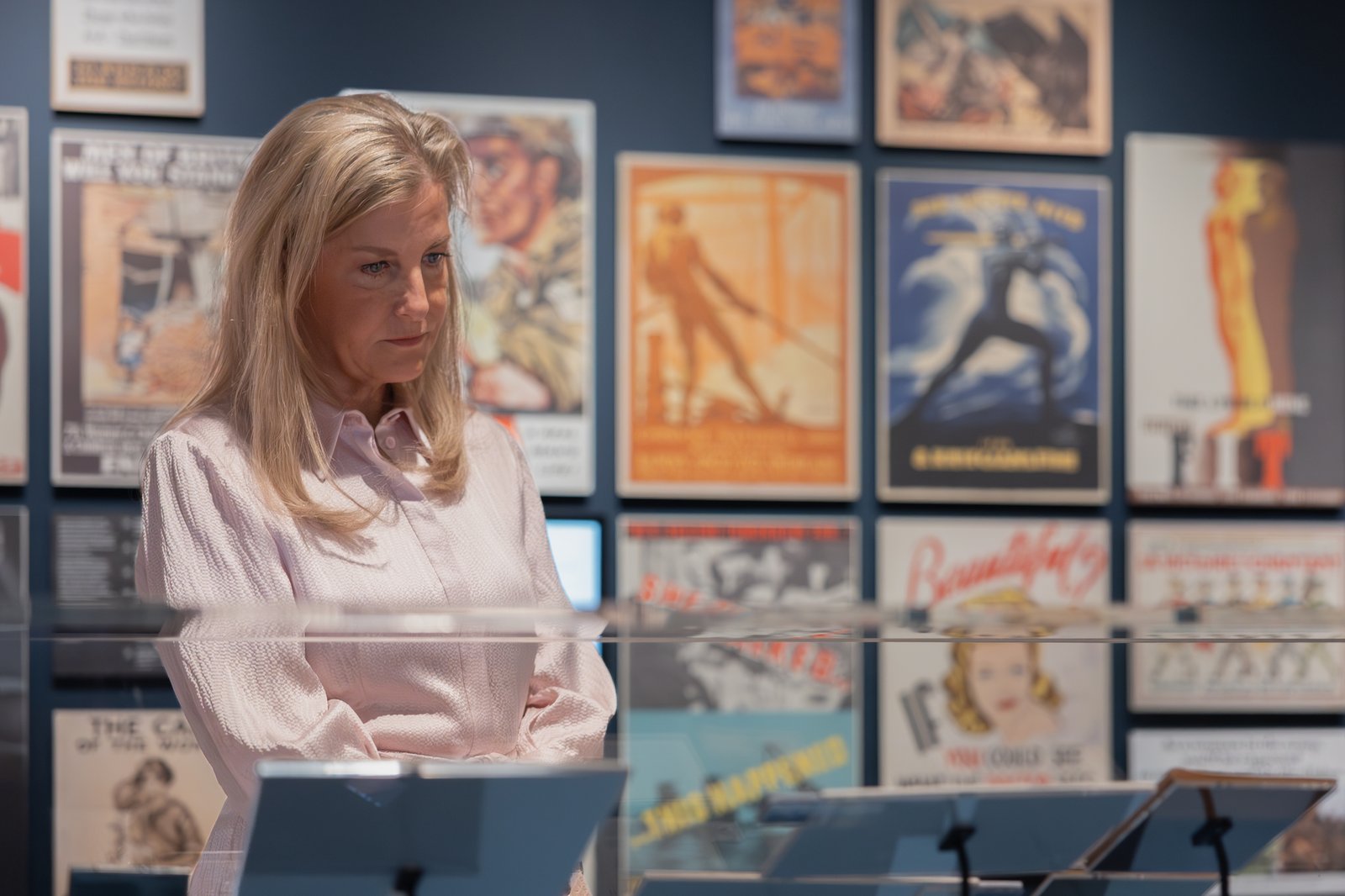
The Duchess’ work in raising awareness around conflict-related sexual violence dates back to 2019, where the then-Countess of Wessex formally expressed her interest in tackling this area during a Women, Peace and Security agenda and Preventing Sexual Violence in Conflict Initiative reception at Buckingham Palace.
At the event she said, ‘as someone who firmly believes in the equality of men and women, I feel drawn to your cause and to do what I can to help raise further awareness of your work. To help give voice to women and girls who are being denied their fundamental rights as humans and are being subjected to harm and violence as a result of conflict, to promote those who seek to play a part in finding peace, and to support others as they attempt to rebuild their lives’.
Writing in the Telegraph in 2020 to mark the 20th anniversary of UN Security Council Resolution 1325 on Women, Peace and Security, Sophie described her time working to champion the WPS agenda as a ‘journey’. Travelling to ‘places affected by conflict’ she could not have envisaged, she has ‘met inspiring people who have endured the most terrible experiences, where many live in desperate conditions and whole communities see no future’.
Unsilenced: Sexual Violence in Conflict is free to visit at the Imperial War Museum and open until 2nd November.

